- Home
- personal finance
- Where to save - and splurge - when you're grocery shopping
Where to save - and splurge - when you're grocery shopping
Splurge: The produce "dirty dozen"

Save: Other produce that falls in the "clean fifteen"
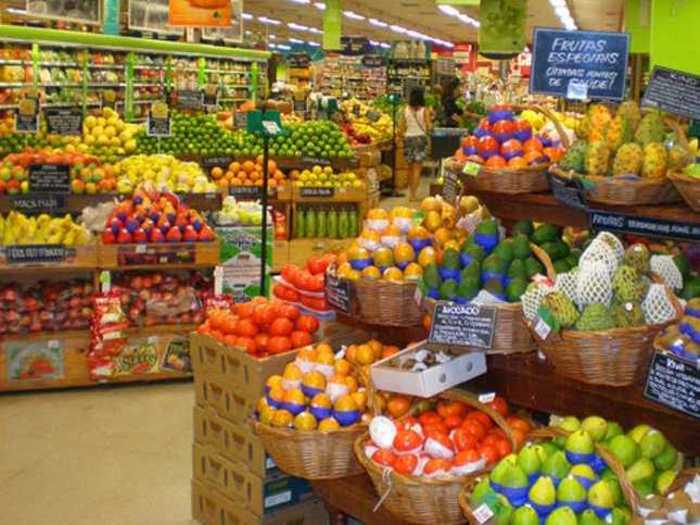
Items like onions, cabbage, corn, and mushrooms, among other fruits and vegetables — known as the "clean fifteen" — will be fine if they're not organic because they have little to no pesticide traces as they are.
Splurge: Dark chocolate
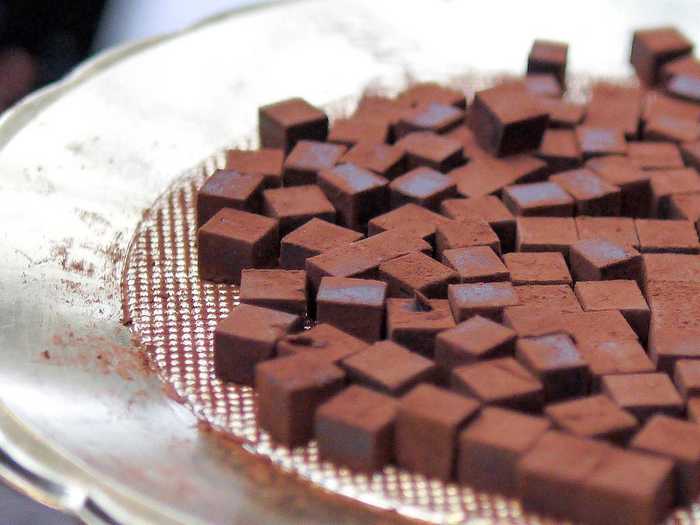
"Good chocolate has way fewer additives and sugar and really allows for the cocoa to shine through. Otherwise, you're not really eating chocolate because you enjoy chocolate, but just getting a hit of sugar and other additives," Dang said to Business Insider.
Save: By not buying "organic" cookies
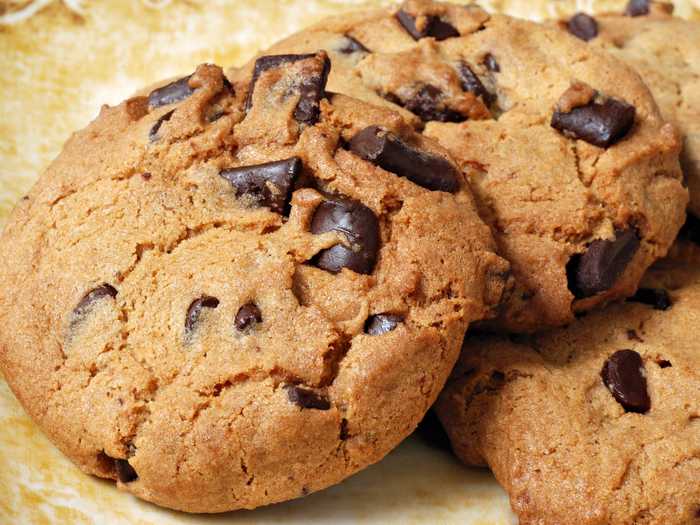
"There’s really no need to buy organic sweets because a cookie is still a cookie," Lisa Young, R.D., and author of "The Portion Teller Plan" said to Women's Health.
Earlier this year, Jess Dang told Business Insider that it's a smart idea to stay away from packaged goods in upscale grocery stores, like Whole Foods, because "there's a huge markup for any kind of organic snack and usually it's just not worth it."
Splurge: High quality oil and vinegar
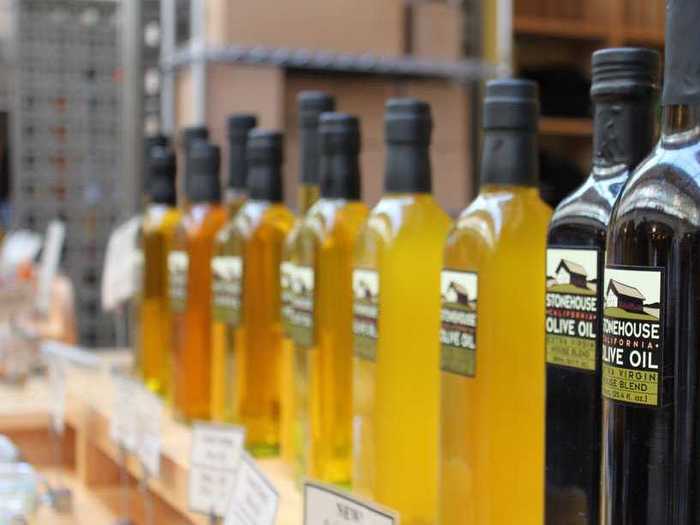
U.S. News & World Report says spending money on oil and vinegar is a wise move. "A lot of times, if people do eat greens and vegetables, they’re drowning it in a fat-free dressing – which is nothing but sugar or a creamy dressing, which is nothing but fat," registered dietitian Kristin Kirkpatrick said to the site.
"They're taking something really healthy and making it really unhealthy by what they're putting on it." By having premium oil and vinegar, there's a big payoff: You'll likely eat more salads without dumping sugar and bad fats into your body.
Save: Bad-for-you dressings
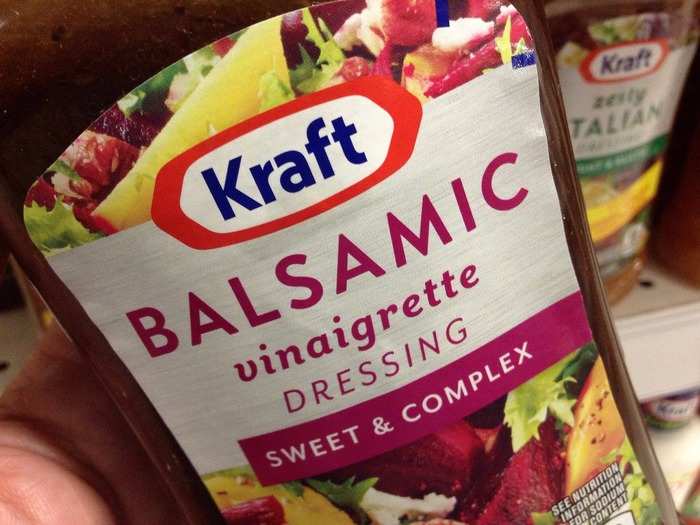
The point of getting fancy olive oils and vinegars is to not spend money on the sugary, fattening dresses.
Splurge: Fish
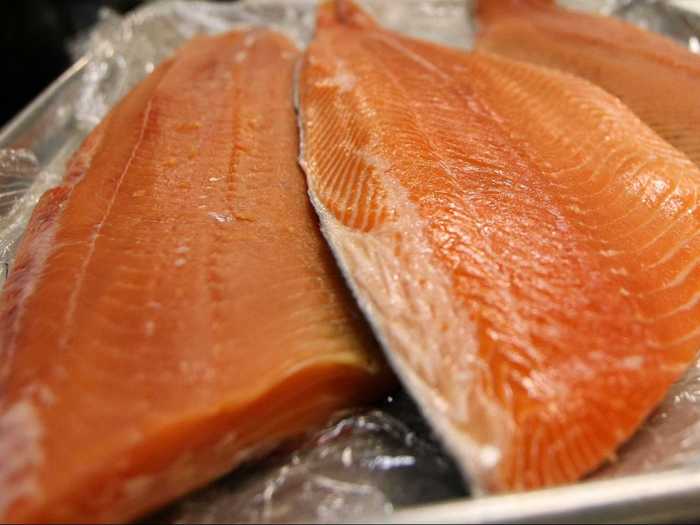
Go wild — literally. "You'll probably get more omega-3 if you eat a piece of fish that is wild versus farmed," Kristin Kirkpatrick said to US News & World Report. "It probably wouldn’t have any food coloring."
Lisa Young, R.D. specified to Women's Health the particular importance of purchasing wild salmon, versus farm-raised salmon — which is made with added chemicals. "Wild salmon has far fewer chemicals, meaning it’s much healthier," she said.
Save: Frozen fish
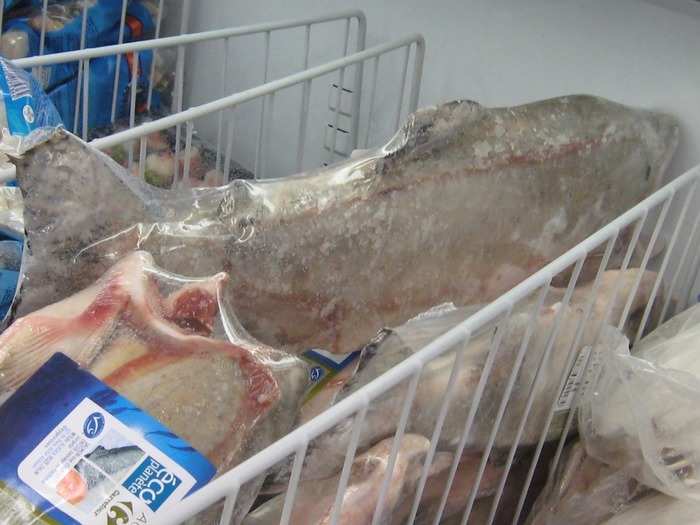
That said, you can still save on fish by checking the "fresh fish" counter and seeing if it's been previously frozen — you're paying a markup for the store to unfreeze it for you, so just buy it already frozen, Dang explained to Business Insider.
Splurge: Spices and finishing salts
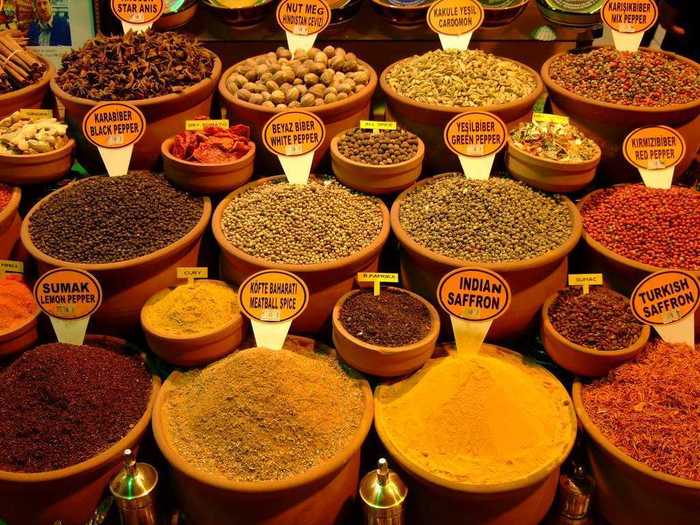
"If you love spices and finishing salts, it's worth going to a store that specializes in these ingredients or check out Penzey's." Dang explained.
After all, adding actual spice to a meal rather than adding sugars and premade sauces is a great way to save on sodium and calories.
Save: Spices, if it's not your thing
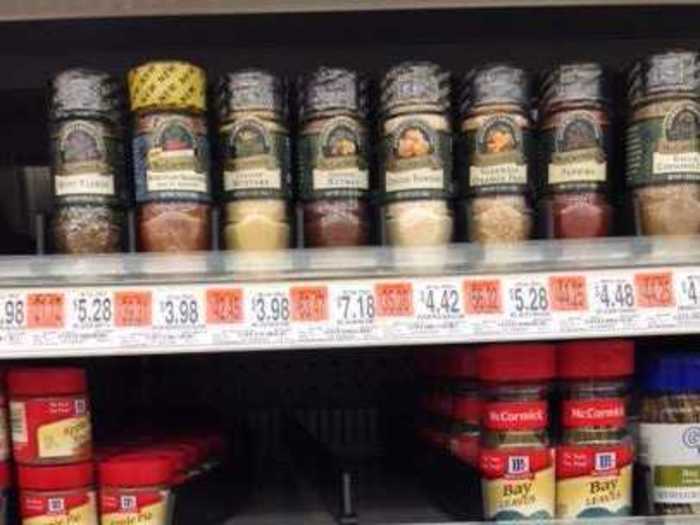
"However, if you cannot get to one of these [specialty] stores, it's perfectly fine to just pick the least expensive option at your grocery store (or see if you can purchase spices in bulk), as many general grocery store brands likely source their spices from the same place," Dang explained to Business Insider.
Splurge: Hormone-free meat
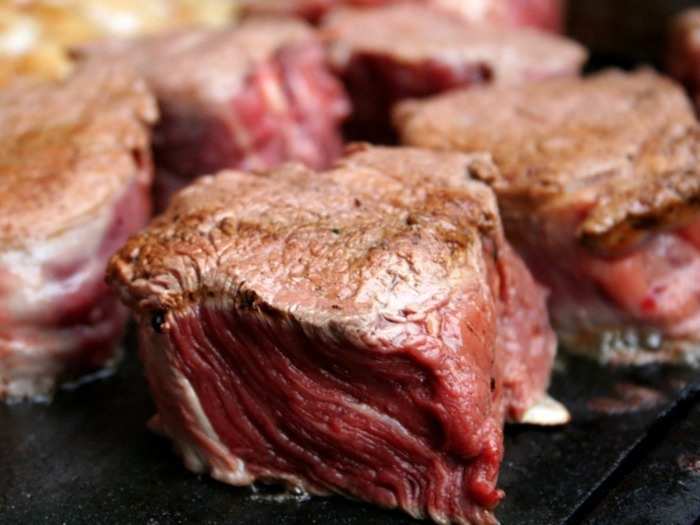
"Hormones and antibiotics in meats (and meat products) make their way into our bodies and can even cause early puberty. If you do plan on eating animal products, it's worth spending a little extra to make sure they come as natural as possible," Dang explained.
Save: Skip precut vegetables
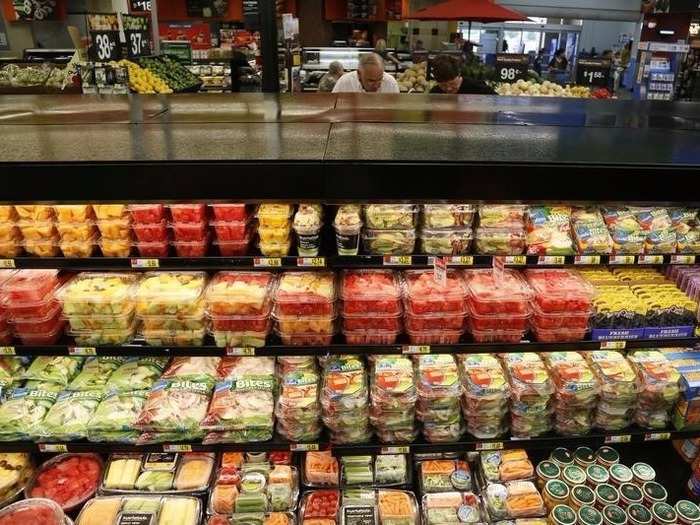
"Produce that has been presliced, prechopped, or diced for the consumer will cost on average 35% more than the whole vegetable or fruit. Shoppers are paying for convenience, but a task that takes no more than five minutes isn't worth paying more for," consumer expert Andrea Woroch said to PopSugar.
"Opt to shop for produce at a local farmers market and buy only what's 'in season' to enjoy the lowest prices. Better yet, pop by a street vendor for the least expensive fruit and veggies."
Splurge: Hormone-free milk, yogurt, eggs, and cheese
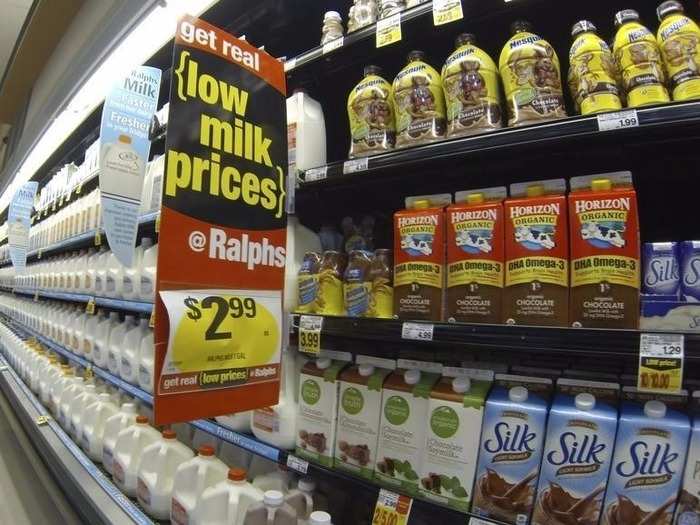
The same hormone-free rule applies to milk, yogurt, eggs, and cheese, Dang informed Business Insider.
Save: Buy dry goods, like nuts, in bulk
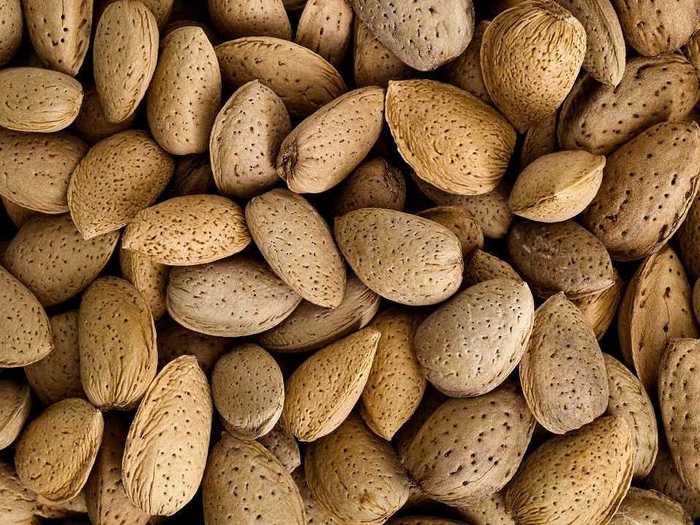
"Items that can be commonly found in bulk bins at grocery stores — like nuts, grains, dried fruit, flours — are best purchased in bulk versus branded. The branded versions of these same products are more expensive and pretty much the same product. In addition buying them from the bulk bins means you can just purchase the amount you want and need," Dang explained.
Popular Right Now
Popular Keywords
Advertisement